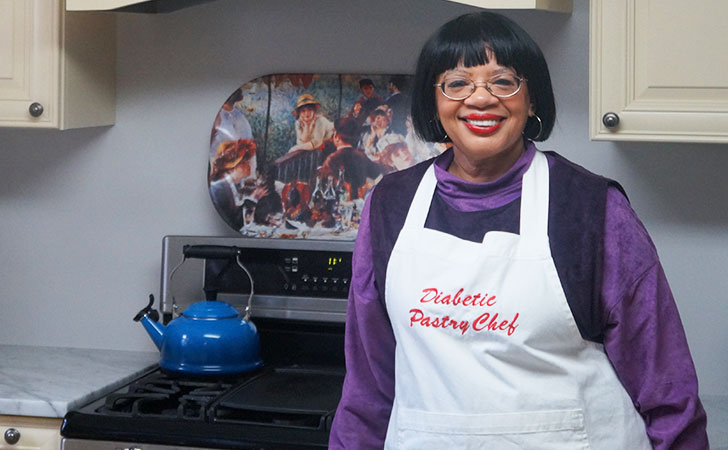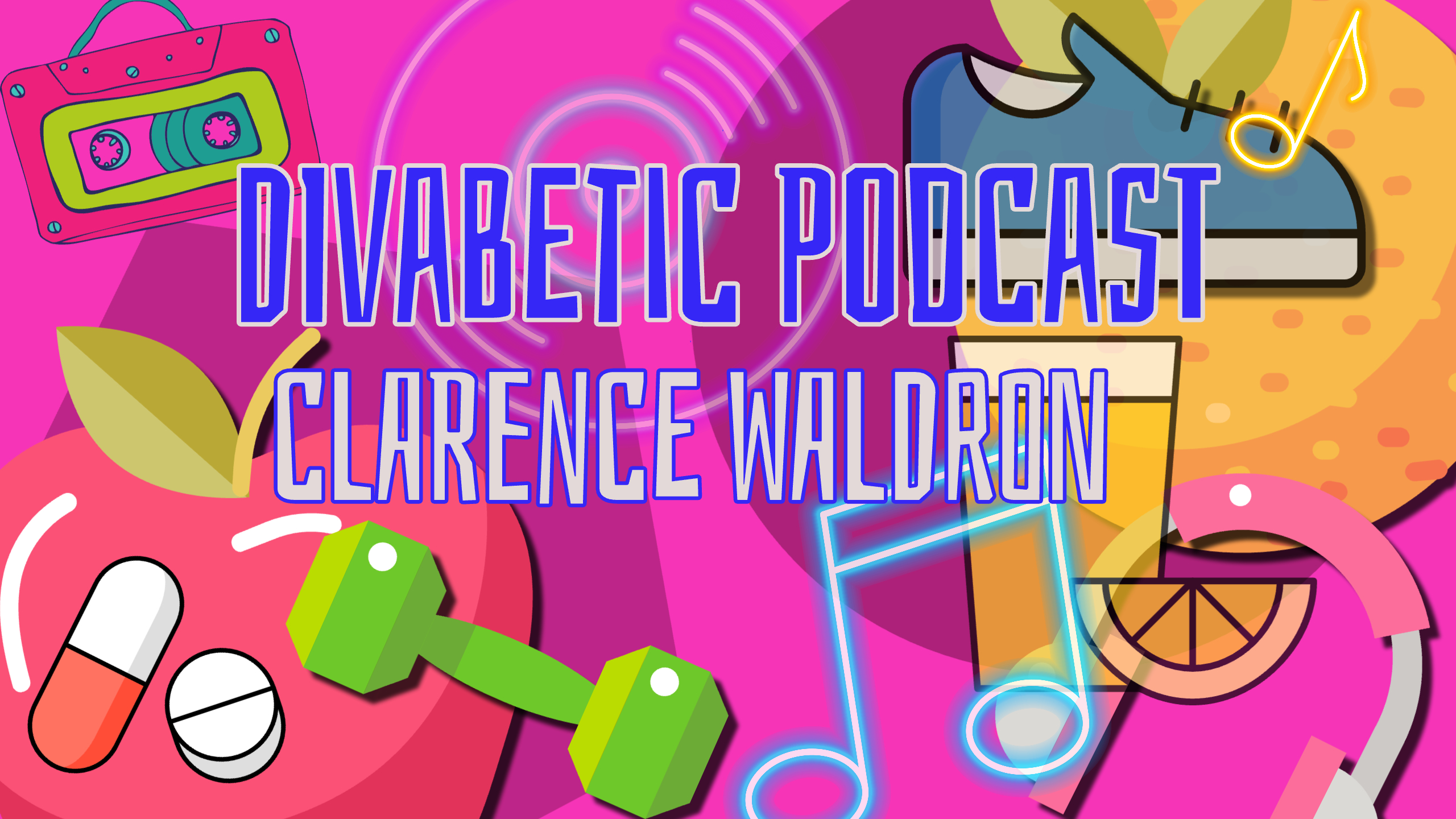Imagine competing for one of the tennis world’s biggest titles and being told you can’t take your life-saving medication during a match because it looks weird.
At this year’s French Open, tennis player Alexander Zverev, who has been living with type 1 diabetes since age three, has struggled with tournament officials’ lack of awareness regarding insulin therapy.
Repeatedly he has been told to either seek medical attention or leave the court during matches when administering his self-care.
Even though many people living with type 1 diabetes are accustomed to getting strange looks from strangers when they administer insulin out in public, it still seems shocking to hear what’s happening at the French Open.
An umpire told Alexander that it looks “weird” if he injects himself on court. As a result, the official said he could not take insulin on court and was required to take a bathroom break instead. However, the French Open has a strict limit to the number of bathroom breaks a player can take under the rules, which Alexander noted could compromise his health, ‘guys, I might have to walk off the court four or five times. Decide what you want me to do’.”
To hear that he’s still winning matches while dealing with these issues is incredibly inspiring. In a previous match against American tennis player Frances Tiafoe, Alexander said there was a “supervisor who didn’t know that I was diabetic,” adding: “I then gave myself an injection, and he panicked and said I had to call a doctor if I gave myself anything.”

I hope Alexander’s brave stance in the face of opposition inspires others to take their medicine or injections as prescribed, even if they have to do it in a public place.
Managing your blood sugars with medicine or injection shouldn’t come with shame. Your health is a top priority, no matter what anyone else thinks. Always remember that.
Delaying your injection isn’t always possible, so you must do what’s best to manage your diabetes. You can’t control how other people respond. However, you can kindly and respectfully explain what you’re doing and why it’s essential if asked.
Thankfully, Alexander shared that this lack of understanding doesn’t happen at every tennis tournament stating, “on the ATP (Association of Tennis Professionals) Tour, I do it on the court; here (French Open), they don’t allow me to do it,” Alexander told Eurosport Germany.
Let’s rally behind him as he heads into his Semi-Finals match tomorrow and do our part to raise awareness for insulin therapy.
Clarence Waldron talks about his stroke, recovery, working as Senior Editor and Writer of Jet Magazine, and his memories of Luther Vandross and Aretha Franklin.
Twenty years ago, Clarence interviewed Luther’s mother, Mrs. Mary Ida Vandross, for Jet Magazine after Luther suffered a stroke due to mismanaged type 2 diabetes. Clarence’s story is an excellent reminder of why it’s essential to ACT F.A.S.T. if you or a loved one is experiencing a stroke. The acronym FAST (Facial drooping, Arm weakness, Speech difficulties, and Time) has been used by the National Stroke Association, American Heart Association, and others to educate the public on detecting stroke symptoms.
Earlier treatment results in a greater chance of recovery, a reduced likelihood of permanent disability, and a lesser need for extensive rehabilitation. You’ll quickly hear Clarence’s upbeat attitude and ferocious appetite for music and divas have served him well during his recovery.
Throughout this podcast, we feature music from Aretha Franklin’s Get It Right album and Luther Vandross’s Live At Radio City Music Hall 2003 20th Anniversary Edition album courtesy of SONY Music.













